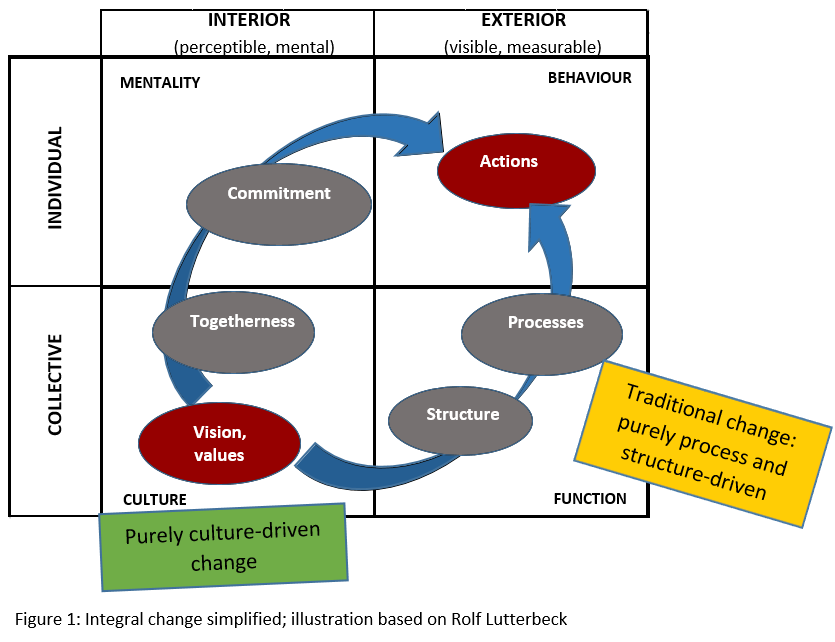SOLID BUSINESS COMES ABOUT WHEN PEOPLE UNDERSTAND THEMSELVES AND ONE ANOTHER.

WHAT DOES A GOOD ORGANISATION AND ITS DEVELOPMENT THRIVE ON?
A good organisation thrives if the members of the organisation:

perceive one another both as a group and as individuals

have a shared objective

have shared fundamental values and are familiar with them

have developed a structure that allows everyone to contribute with what they do best

are open for continuous development of visible and invisible processes

are aware of the internal and external implications of communication, coordination and relationships, and actively contribute to them

develop their personal strengths and work together to compensate for weaknesses

not only develop processes well, but coordinate them with one another at all levels

incorporate the decisions and measures taken by third parties, such as stakeholders, into the vision
WHAT HAS AN IMPACT ON POSITIVE DEVELOPMENT?
The organizational development is a process. It involves determining what is required to achieve a shared objective.
It is rarely ‘hard facts’ that are decisive.
Rather, internal and external communication, understanding and commitment are key.
Interaction by all parties at all levels, both individually and in groups, is essential and can, with decent support, promote and further the development of your organization.
Integral development approach
What makes my integral development approach a valuable difference for you in your organizational development:
I do not focus on an either-or: either only team development or only process development – but the interaction of all stakeholders internally as well as externally.
Interaction by all parties at all levels, both individually and in groups, is essential and can, with decent support, promote and further the development of your organization.
My integral coaching approach includes all levels and aspects that are important for your matter.
WITHIN YOUR ORGANIZATION, I CONSIDER:
Individual aspects such as:
- Inner attitude
- The ability to take criticism
- Communication skills
- Values and attitudes towards the whole project
- Resources
- Skills
- Internal decision-making processes
- Language and awareness of its intercultural pitfalls
- Dealing with mistakes and obstacles
Interpersonal aspects such as:
- Established structures and those to be developed
- The organizational chart and how it can be adapted
- Internal and external processes
- The influences of the surrounding area and the environment
- Customer requests and valuable feedback from them
- The value culture and how it is seen from outside
- The vision and shared values
- Short, medium and long-term company objectives
- The feedback culture and sense of togetherness
- Image and credibility
Many things are complex these days: content, roles, targets, structures such as intercultural teams, and remote working from all over the world.
Integral organizational development provides solutions that enable transparency, an understanding of self, clarity and foresight at all levels.
This reduces complexity in exactly the places where it is not required.
My approach to finding solutions gets to the heart of all the complex interrelations by demonstrating individuality, group dynamics, processes and communication in a way that is beneficial to everyone. Everyone is precisely in the right place to utilize their individuality to make the shared objective a reality.
WHAT MAKES ORGANIZATIONAL DEVELOPMENT INTEGRAL?
There is no clear-cut approach to finding solutions to complex issues. It is a question of disconnecting from single-cause assumptions and opening up to the view that organizations are independent mobile units that become self-learning organisms by virtue of mutual feedback loops and interdependencies, providing there is a will to do so and the groundwork has been done.
Individuality, group dynamics, skills, process structures and targets are considered in equal measure in order to find a solution that works for all parties.
Leadership styles, communication channels and processes are developed based not on modern hype but on what really works.
DO YOU DEVELOP COMPANY CULTURE OR OPTIMIZE PROCESSES?
I provide integral advice and support for both. For a long time, these approaches were considered in isolation of one another. Both approaches have been proven to be more than justified. However, if the emphasis is placed on a single approach, important levels and other quadrants within an organization as modelled by Ken Wilber are neglected or even weakened. My integral approach allows strengthening aspects to mesh together like cogs and enables your organization to develop as a whole into a strong structure that can bear the weight of the future and achieve your objectives.
Our company sees a foreign takeover or start-up as a real challenge, both in terms of communication and improving processes. What is your approach?
I believe that we should not attempt to align cultures. Instead we should benefit from diversity. There is always a solution. I want to reinforce this confidence, this certainty that there is a solution.
ABOUT COMMUNICATION
The problem is not that you communicate, but that international teams are made up of individuals who have grown up in different cultures in terms of values and communication. These differences can lead to misunderstandings because there is no common ground.
Introducing processes can be similar.
An understanding of the hierarchy or matrix can rarely be transposed directly to other locations.
My integral support promotes exactly this approach to finding solutions and builds strong bridges that encourage different sites to grow together sustainably and result in common resources that make you stronger.
Find out more: Intercultural consultancy

